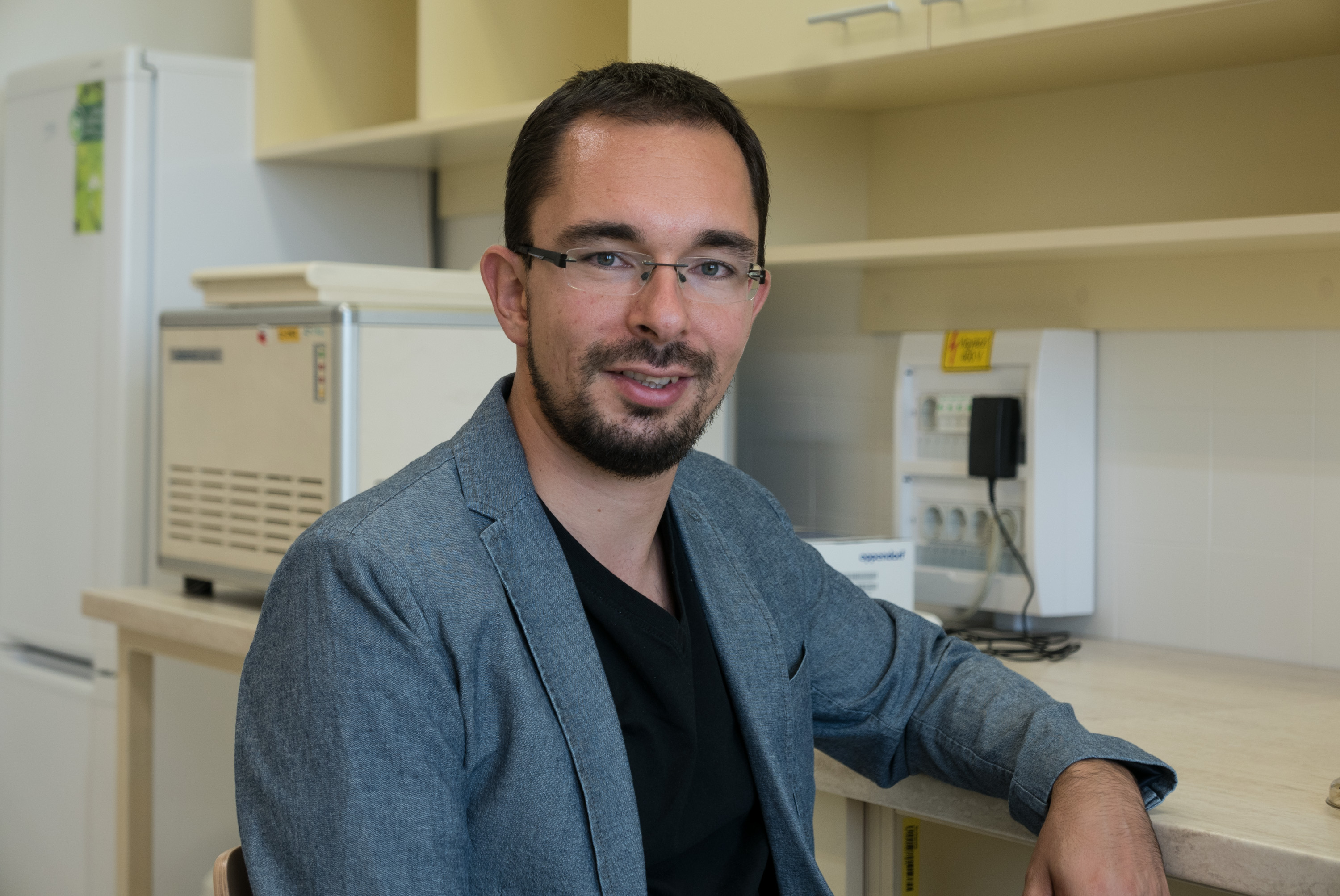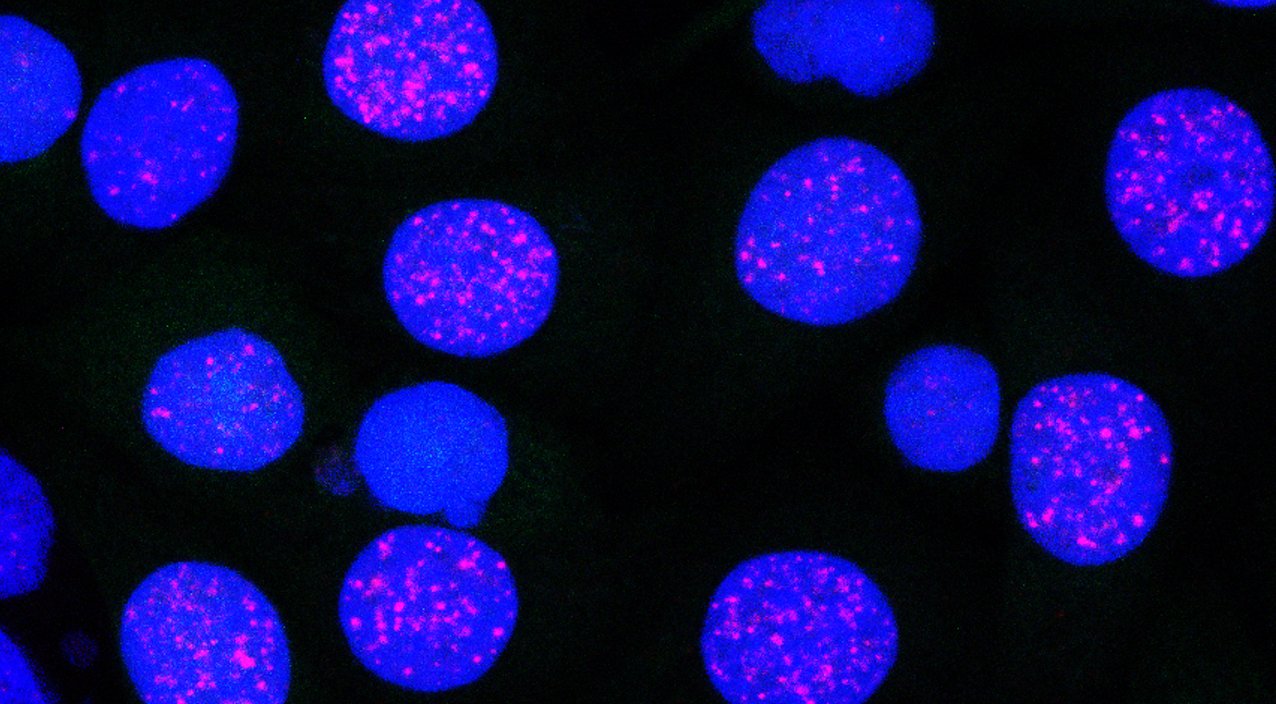
Hungarian researchers have created a unique superbug map as part of an international project, providing a detailed depiction of the global presence and spread of one of the most dangerous hospital bacteria.

Mária Harmati and Ákos Diósdi have won the Journal of Extracellular Vesicles (IF:16,0) Image Competition Award at the Annual Meeting of the International Society for Extracellular Vesicles. Their award-winning project entitled "Crosstalk in a multicellular 3D ductal carcinoma model" will be the cover image of the journal for one year from the August 2024 issue and thus further enrich the cover image collection of HUN-REN BRC.

On September 6, 2024, the conference "Genetic Workshops in Hungary" was held for the 23rd time at the BRC. The event is traditionally organized by the Hungarian Genetics Society, the Institute of Genetics of the HUN-REN BRC, and the Molecular Biology, Genetics and Cell Biology Scientific Committee of the Hungarian Academy of Sciences.

This year, the EMBO (European Molecular Biology Organization), founded on 12 July 1964, celebrates its 60th anniversary and its membership today counts more than 2100 researchers in the field of life sciences, 92 of whom have been awarded Nobel Prizes.

Single-cell investigation methods such as single-cell genetics, proteomics or imaging-based morphological classification have risen to the forefront of biological research in the last decade.

The ultimate goal of cancer therapy is to eliminate malignant cells with minimal side effects. Modern approaches increasingly focus on targeting specific molecular pathways critical for tumor survival and proliferation, rather than relying on traditional cytotoxic agents that kill cells indiscriminately.

On 12 June 2024, the Hungarian Academy of Sciences (HAS) published the list of this year's winners of the János Bolyai Research Scholarship. The Bolyai Scholarship was established in 1997 "to encourage and recognise outstanding research and development achievements". Researchers under 45 years of age could apply for the 250.000Ft monthly grant for a period of 1, 2 or 3 years.